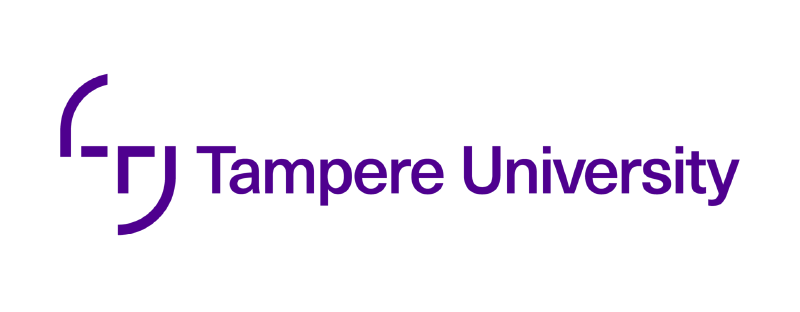When planning a focus group study, it is important to clearly think through and verbalise the rationale for choosing this method and for forming the group(s). The discussion is usually facilitated by bringing up key topics or questions that are built on research questions. There are several ways to facilitate the discussion process in the focus groups (see for overview (Lunt & Livingstone, 1996; Morgan, 1996; O.Nyumba et al., 2018)). The sessions are usually recorded and transcribed. Thus, suitable equipment is needed. Transcripts are later coded to identify key ideas, themes, or ranks. Qualitative analysis techniques, such as content analysis or discourse analysis is often used. All the above-mentioned methodological details should also be described in the final report or article.
Pros
cost-effective
enjoyable group dynamics and the possibility to employ one’s creativity and logic during the analysis phase
Cons
The recruitment of participants for the study may require financial resources such as purchasing incentives offered for participation
volunteer bias, using local contacts to find participants is criticised since it leads to convenience sampling by accessibility (Krueger, 1994)
the difficult aspects could be mastering the facilitation of discussion
qualitative analysis requires practice and a good eye for identifying the most frequently mentioned keywords and themes
-
CO:RE Evidence Base: Group privacy management strategies and challenges in Facebook: A focus group study among flemish youth organizations (De Wolf, 2016)
-
Motivational processes and dysfunctional mechanisms of social media use among adolescents: A qualitative focus group study (Throuvala et al., 2019)
-
Development of a framework for digital literacy (Feerrar, 2019),
-
De Wolf, R. (2016). Group privacy management strategies and challenges in Facebook: A focus group study among flemish youth organizations. Cyberpsychology, 10(1). https://doi.org/10.5817/CP2016-1-5
-
Feerrar, J. (2019). Development of a framework for digital literacy. Reference Services Review, 47(2), 91–105. https://doi.org/10.1108/RSR-01-2019-0002
-
Krueger, R. A. (1994). Focus groups: A practical guide for applied research. Sage Publications Inc.
-
Lunt, P., & Livingstone, S. (1996). Rethinking the Focus Group in Media and Communications Research. Journal of Communication, 46(2), 79–98. https://doi.org/10.1111/j.1460-2466.1996.tb01475.x
-
Morgan, D. L. (1996). Focus groups. Annual Review of Sociology, 22, 129–152. https://doi.org/10.1146/annurev.soc.22.1.129
-
O.Nyumba, T., Wilson, K., Derrick, C. J., & Mukherjee, N. (2018). The use of focus group discussion methodology: Insights from two decades of application in conservation. Methods in Ecology and Evolution, 9(1), 20–32. https://doi.org/10.1111/2041-210X.12860
-
Throuvala, M. A., Griffiths, M. D., Rennoldson, M., & Kuss, D. J. (2019). Motivational processes and dysfunctional mechanisms of social media use among adolescents: A qualitative focus group study. Computers in Human Behavior, 93, 164–175. https://doi.org/10.1016/J.CHB.2018.12.012


